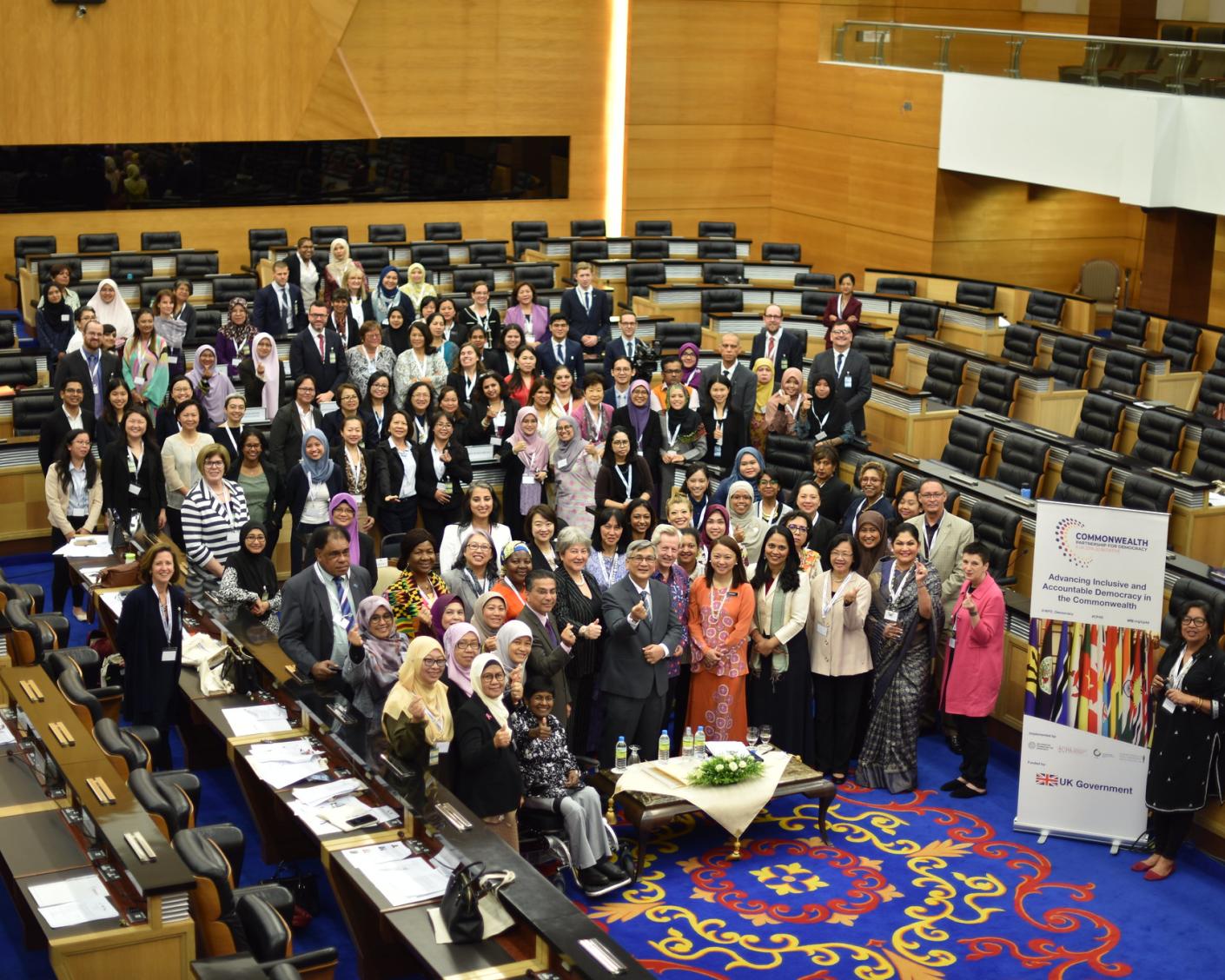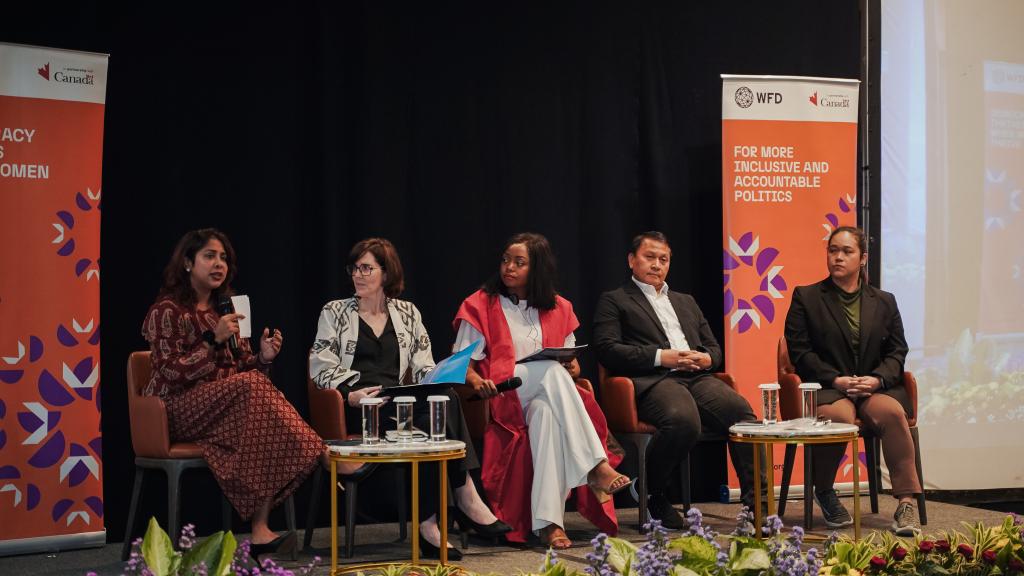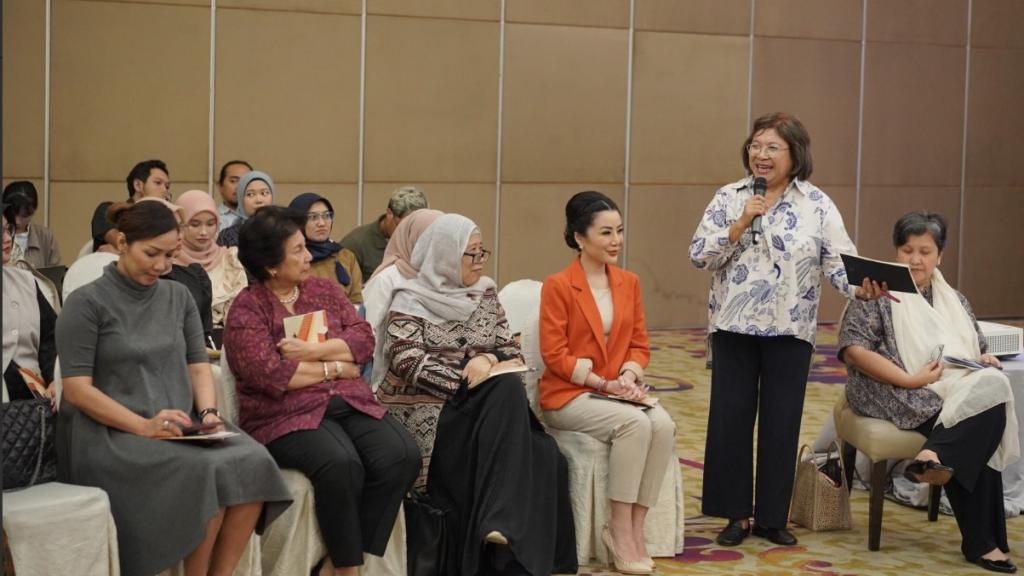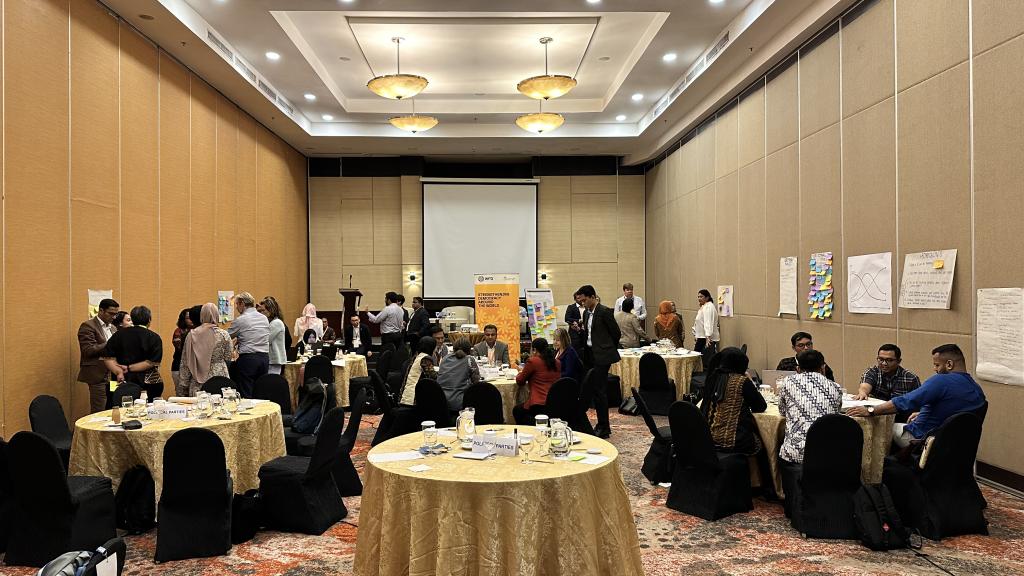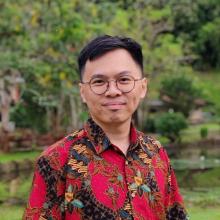Our core objective is to empower parliament as the cornerstone of Malaysia’s political landscape, making it a responsive and effective representative of the people.
To achieve this, WFD has implemented a series of targeted interventions, including:

Promoting women's political leadership and participation
We are dedicated to increasing the number of women in positions of political power.

Enhancing parliamentary capacity
We are working to equip parliamentary staff with the skills and knowledge necessary to support Members of Parliament effectively.

Strengthening parliamentary committees
We are providing technical assistance and guidance to newly formed parliamentary committees to optimise their performance.

Fostering accountable and inclusive parliamentary processes
We are committed to establishing transparent and equitable parliamentary systems.
Current programmes
Women's political empowerment is a priority area for WFD in Malaysia. As part of the broader Southeast Asian initiative, "Advancing Equal Societies through Women Political Leadership and Participation in ASEAN Phase 2" (WPL II), together with Thailand, Indonesia, and Laos, we aim to drive progress in this critical domain.
Addressing Barriers to Women's Political Participation in ASEAN
Building upon the successes of the first phase of the WPL project, our focus has shifted to identifying and overcoming the challenges faced by women in political leadership. This includes examining the obstacles encountered by women as political leaders, electoral candidates, and Members of Parliament. The issue of Violence Against Women in Politics (VAWP) has emerged as a critical area of concern.
The recent 15th General Election and the subsequent state elections in six states have underscored the fluctuating numbers of women candidates and elected representatives. To gain a deeper understanding of these trends, WFD is conducting a comprehensive political economy analysis and engaging in consultations with experts and stakeholders.
Highlights
- WFD has helped to integrate gender-responsive budgeting into the work of MPs and ministers.
- WFD developed a Gender-Responsive Budgeting Toolkit aimed at MPs as well as an e-course that introduced GRB principles to ministry officials.
- WFD led the orientation of the newly elected MPs and a roundtable on future reforms chaired by the Speaker following the 2018 elections that brought the first change of government in Malaysia after 61 years.
Previous programmes
Addressing barriers to women's political participation in the ASEAN region (Phase I)
The objective of the programme was to advance equality in politics and wider society in the region by helping to create a more enabling environment for politically active women to participate and exercise leadership in national, local and regional politics.
Supporting Parliament’s legislative and oversight capacity
WFD contributed to IDEA’s INTER PARES programme, which focused on gender and the Special Select Committees: the key oversight function introduced as part of the reform efforts that followed the change of government in 2018. Amid continuing Covid-19 restrictions, WFD delivered a gender-sensitive law-making and oversight workshop, helped enhance parliamentary communications and the development of an education programme, and provided support to the Ombudsman bill through exchanges on parliament’s role in the establishment and implementation of an Ombudsman Office.
Promoting gender-responsive budgeting and crisis response
How governments respond to the economic crisis, such as the economic shock caused by the Covid-19 pandemic, has far-reaching consequences for political participation and inclusion. Women are often more exposed as they are more likely to have more vulnerable jobs, to work in the informal sector, to lack social protection and to have less access to financial resources. With the support of COVID-19 response funding from the British High Commission in 2020, WFD created the Gender Responsive Budgeting Toolkit to introduce policymakers to GRB principles and help MPs begin to procure more comprehensive sex-disaggregated data that could better inform the debate around budget allocations in Parliament. In addition to strengthening equitable approaches to funding policies, the programme strengthened the working relationships between MPs and civil society activists.
Promoting gender equality in Sabah
WFD worked in the state of Sabah to build communication and leadership skills among women to enable them to get their voices and messages for change heard by decision makers and legislators in a state where women’s participation in formal politics is low; at the time of the programme, there were only six women representatives (out of 60) in the State Legislative Assembly. As part of the broader Commonwealth Partnership for Development (CP4D) initiative, WFD worked with a local CSO to promote gender equality in Sabah and creating linkages with other CSOs as they develop advocacy strategies to raise awareness about gender issues.
Related content
Contact us
Kuala Lumpur
Malaysia
